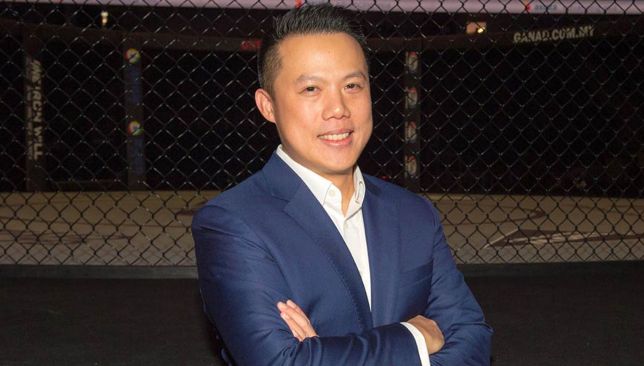When ONE Championship arrived in Qatar in March, it was their first major foray into the Middle East, and one which delivered exceptional results – from the near sell-out audience at the Lusail Sports Arena, through to the global exposure for regional fighters.
On the night there were a number of regional stars on the card including world renowned Saudi-Yemeni Brazilian Jiu Jitsu practitioner Osamah Almarwai, Iran’s dangerous MMA heavyweight Amir Aliakbari, and Saudi boxing champion Zuhayr Al-Qahtani.
It was clear ONE wanted a strong regional presence and not simply to present one of their regular fighter lineups, but ‘on location’.
“We had six fighters from the region of which four were of Arab descent,” explained Hua Fung Teh, Group President at ONE Championship. “These are all guys we have on our roster and they are all high-level fighters. I thought it was just amazing how our team was able to put together a card that brought together the best of what the world had to offer, and also the best of what the region had to offer.”
The success of ONE 166: Qatar will only add to the already huge popularity ONE has in the region, which has the perfect demographic for promotions like one – passionate, young, digitally enabled, with a hunger to consume content.
“The Middle East is a very interesting market for us,” said Mr. Teh. “We’ve always been clear and I’ve come on record to say that ONE 166: Qatar is the first step into the Middle East.
In the GCC alone, I think there are close to 60 million people. In the broader MENA region, we have the likes of Egypt with 100-million-plus people. So you think about all the demographic factors, and they show a very interesting market for us. So the Middle East is great, and we are definitely going to have more on-ground events.”
But this is not simply about on-ground events. Mr. Teh acknowledges that to grow martial arts fully in the region takes a ground-up approach, allowing talent to be identified, with a clear pathway to make it to professional ranks.
“I think grassroots has to be part of any kind of long-term strategy in a region,” he explained. “We have a track record of working with local grassroots, federations, and gyms to develop that talent. We even have local leagues organised in specific countries, called Road to ONE. We are all excited about figuring out what the next step is for local talent. We want to have local heroes on a global stage. Local heroes that are globally relevant. Anywhere we go, the local talent is always important.
“Ultimately, think about this in two ways. You can either build talent, or you can sign. Obviously, we have signed a lot of established talent, but they’re also fighters like Stamp Fairtex that we discovered through grassroots efforts, and whom we developed over time. Grassroots is important in discovering local heroes that countries can rally behind.”
